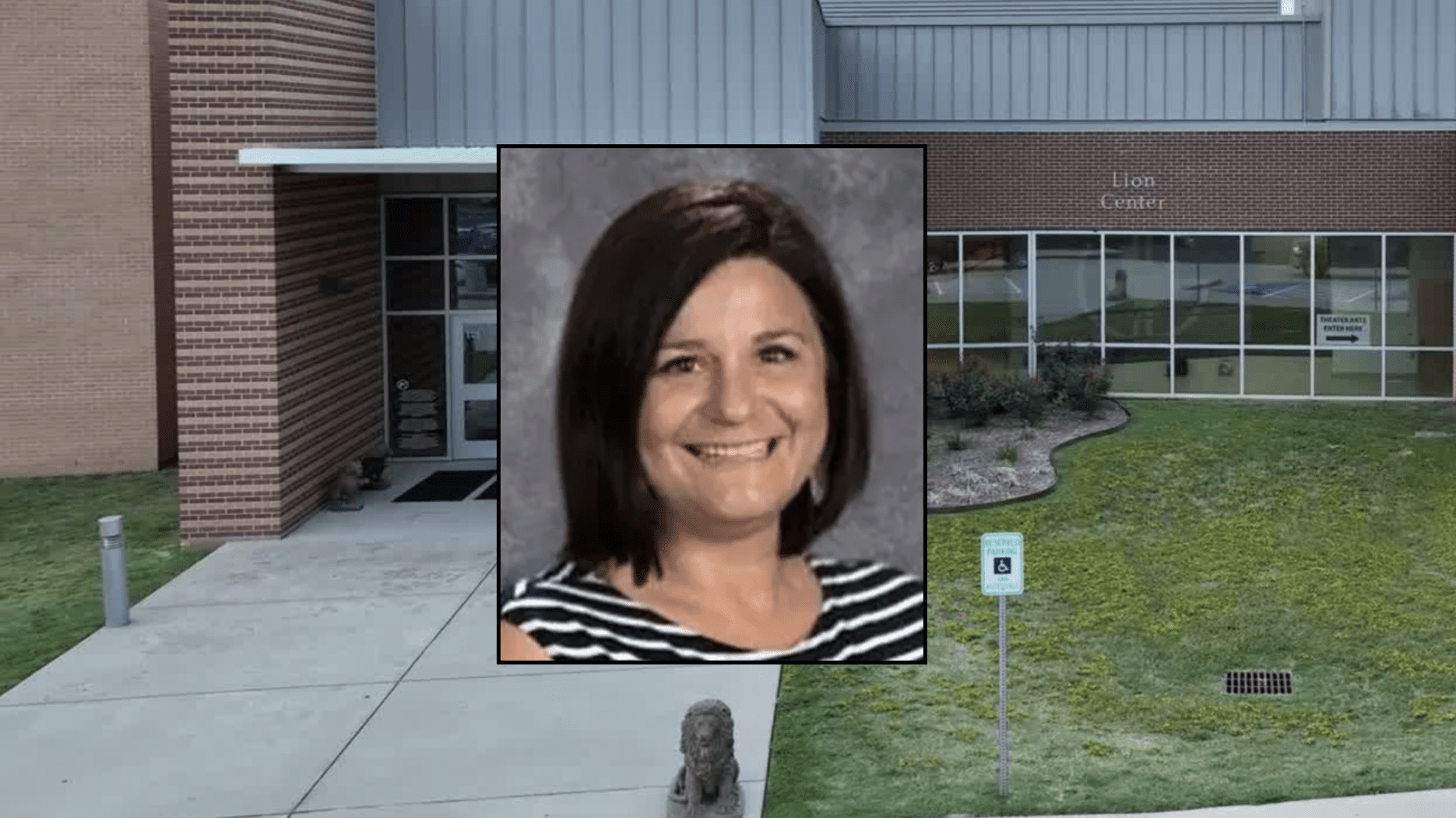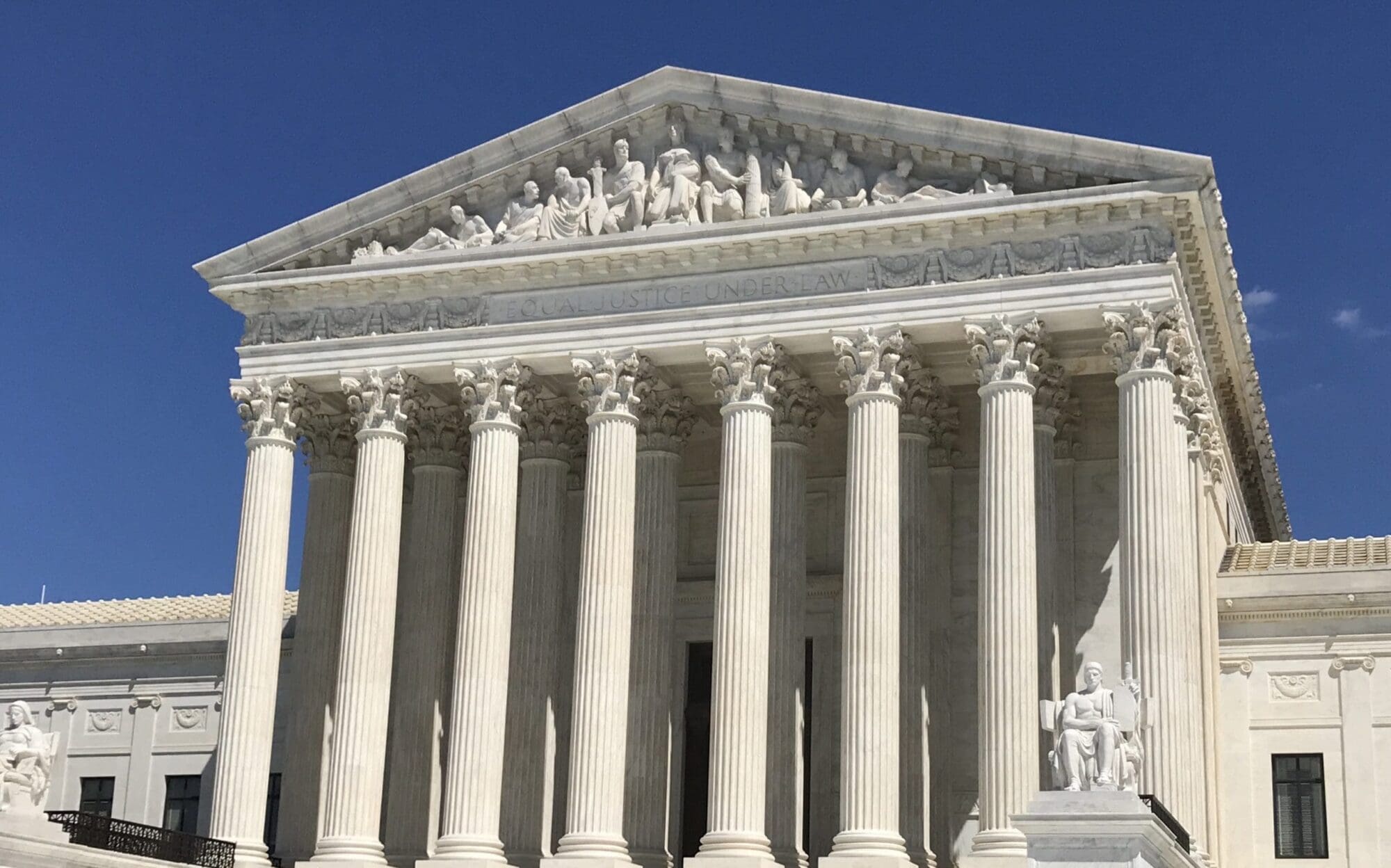On the same day the Texas House voted against funding for school choice programs, the Texas Senate approved legislation to create a new state-funded program that would expand education options for parents and their students.
Gov. Greg Abbott, Lt. Gov. Dan Patrick, and the Republican Party of Texas have each designated parental choice in education a legislative priority for the 88th Legislative Session.
If it becomes law, Senate Bill 8 by State Sen. Brandon Creighton (R–Conroe) will fund education savings accounts at $8,000 per student a year and provide a reimbursement of $10,000 to rural school districts with fewer than 20,000 students for each student who withdraws from public school.
In addition to creating education savings accounts, Senate Bill 8 expands parental rights by standardizing the district grievance process, requiring consent for the administration of any psychological tests, providing transparency of instructional materials, and prohibiting teaching on sexual orientation or gender identity.
The Senate entertained several amendments before finally approving the legislation by a vote of 18-13, with Republican Robert Nichols (Jacksonville) voting with Democrats against the bill.
The most substantial amendment was one offered by Creighton that would expand the availability of ESAs to families with income of less than 200 percent of the federal poverty level and reserve 10 percent of funding for families with students already enrolled in a private school. In previous versions of the legislation, the $500 million of initial funding was limited to families with students enrolled in public school, with priority given to students attending poorly performing schools.
The bill was also amended to extend the duration of the $10,000 reimbursement payments from two years to five years, despite an acknowledgment by several senators that other states that have created ESA programs have not seen significant participation of students in rural areas.
Democrat Roland Gutierrez’s (San Antonio) amendment to prohibit legislators from enrolling their children in the program was adopted unanimously.
Creighton also amended the bill to guarantee private schools independence from burdensome regulations, and State Sen. Mayes Middleton (R–Galveston) offered an adopted amendment clarifying that the education assistance organizations administering the program cannot share or sell student data.
Democrat José Menéndez (San Antonio) unsuccessfully attempted to amend the bill several times. Among other other things, he suggested expanding the reimbursement payments to all school districts in the state and preventing school personnel from “outing” children who identify as LGBTQ to their parents.
He described the bill as a “discount for private schools,” while Gutierrez said he thought it might be unconstitutional, running afoul of the 1954 Supreme Court precedent in Brown v. Board of Education of Topeka by creating “educational segregation.”
Sen. Paul Bettencourt (R–Houston), on the other hand, said he thinks it is “the best ESA bill in the country.”
Senate Bill 8 now heads to the Texas House, where it faces an uphill battle after several Republican members voted to approve a budget amendment prohibiting the use of state funds for any school choice programs.





